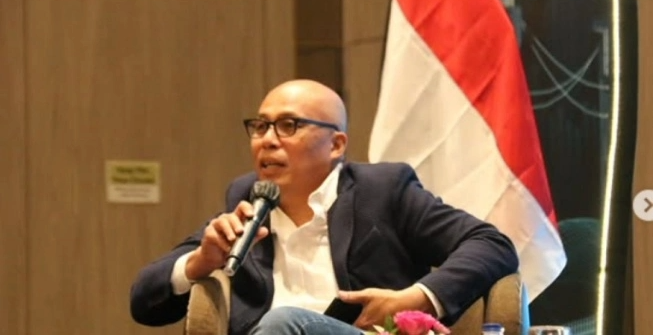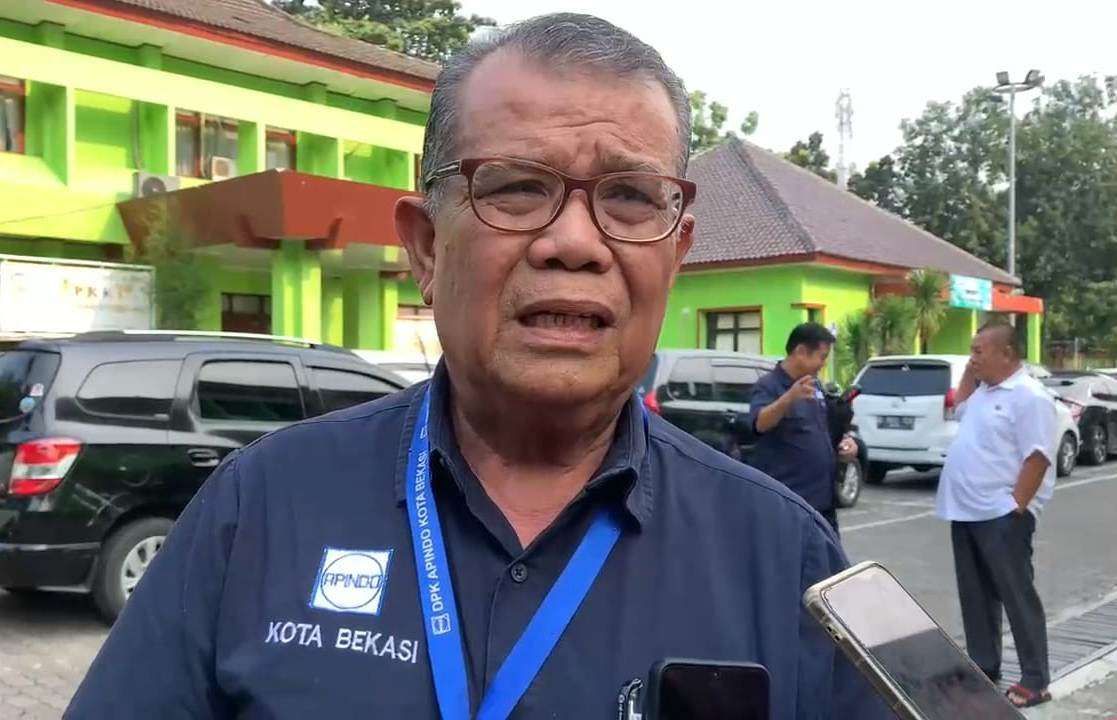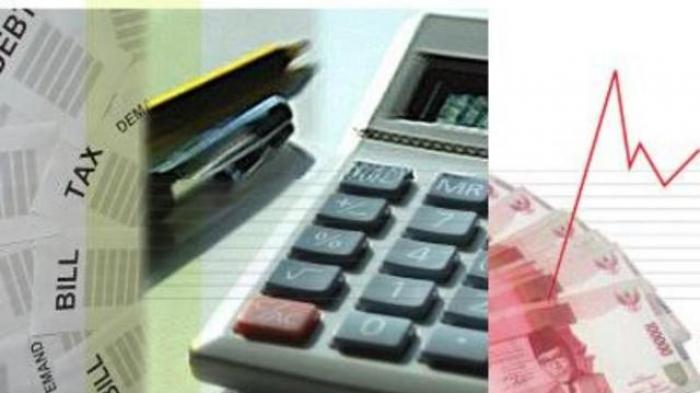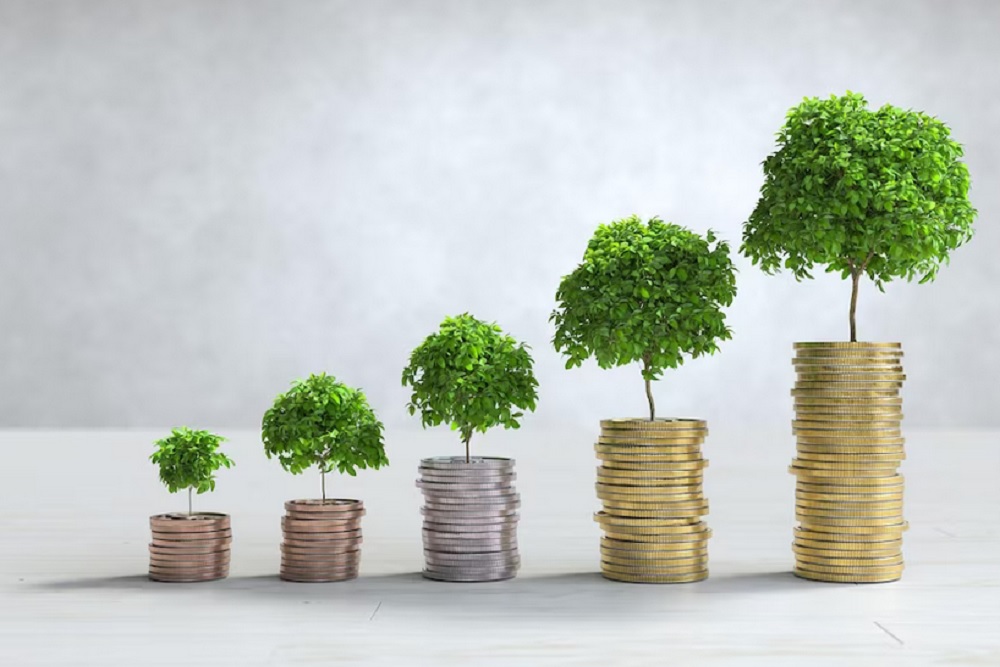South Sumatra Moves Toward Green Investment, APINDO Empowers Coffee Farmers to Take the Lead
Tuesday, 21 October 2025
Sumsel – South Sumatra is gearing up to become Indonesia’s new hub for green and inclusive investment.
Amid increasingly complex business challenges, Sumarjono Saragih, Chairperson of the Indonesian Employers Association (APINDO) South Sumatra Chapter, emphasized the importance of cross-sector collaboration to ensure that South Sumatra is not merely a producer of raw materials but also a center of sustainable economic growth.
According to Sumarjono, businesses in South Sumatra currently face two major challenges. The first is domestic, including legal uncertainty in the plantation sector, limited infrastructure, and human resource quality. The second involves global challenges such as sustainability certification requirements, negative campaigns against export commodities, and shifting geopolitical dynamics.
Despite these challenges, he believes they can serve as catalysts for building a stronger and more resilient regional economy.
“It’s better to light a candle than to curse the darkness. The business community must take an active role in driving change,” Sumarjono said during his keynote speech at the 2nd Sriwijaya Economic Forum 2025, themed “Strengthening Investment in South Sumatra to Enhance Economic Resilience Amid Global Headwinds”, held on Tuesday (October 21, 2025) at the Excelton Hotel, Palembang.
Sumarjono expressed strong confidence in South Sumatra’s coffee sector, which he believes holds enormous potential to reclaim its place on the global stage.
Through the South Sumatera Sustainable Coffee Initiative (SoCOFI), APINDO—working alongside the local government, international organizations, and private stakeholders—is developing a sustainable coffee ecosystem.
The goal is to position coffee farmers at the center of the local economy.
“Coffee farmers must not remain spectators. They should be the main actors who reap the rewards of their own hard work,” he stressed.
Sumarjono also revealed that APINDO has partnered with several global organizations, including GIZ and the International Labour Organization (ILO), through the Just Transition program, which focuses on community-based green economic transformation. This initiative aims to create new jobs while enhancing the competitiveness of South Sumatra’s local commodities in global markets.
In the medium term, APINDO is also preparing a multi-stakeholder annual forum titled InaCOF 2026, which will bring together farmers, industry players, exporters, cafés, NGOs, and international buyers. The forum is expected to mark a new chapter in South Sumatra’s coffee revival, which has long been overshadowed by neighboring provinces like Lampung.
“South Sumatra has great coffee but lacks a strong brand identity. Now is the time for us to rise together. Government, entrepreneurs, and communities must unite to build the South Sumatra coffee brand on the world stage,” said Sumarjono.
Beyond the coffee sector, APINDO is also pushing to strengthen micro, small, and medium enterprises (MSMEs) to help them scale up.
He noted that MSMEs are the main drivers of job creation, particularly in agriculture and agro-processing industries. The national coffee seedling program to be launched by the Ministry of Agriculture in 2026—worth IDR 3 trillion out of a total IDR 40 trillion budget—presents a major opportunity for MSMEs in South Sumatra to grow.
For Sumarjono, investment is no longer just about numbers or large capital flows—it must also create social value and community welfare.
“Good investment doesn’t only build factories; it builds people around them,” he said.
He then called on all business actors, the government, and communities to work collaboratively under the leadership of local authorities.
“Let’s light the candle of change together. South Sumatra has all the ingredients—natural resources, human potential, and a strong spirit of cooperation. What we need now is unity and swift action,” he concluded.
Source: sumsel.suara.com









